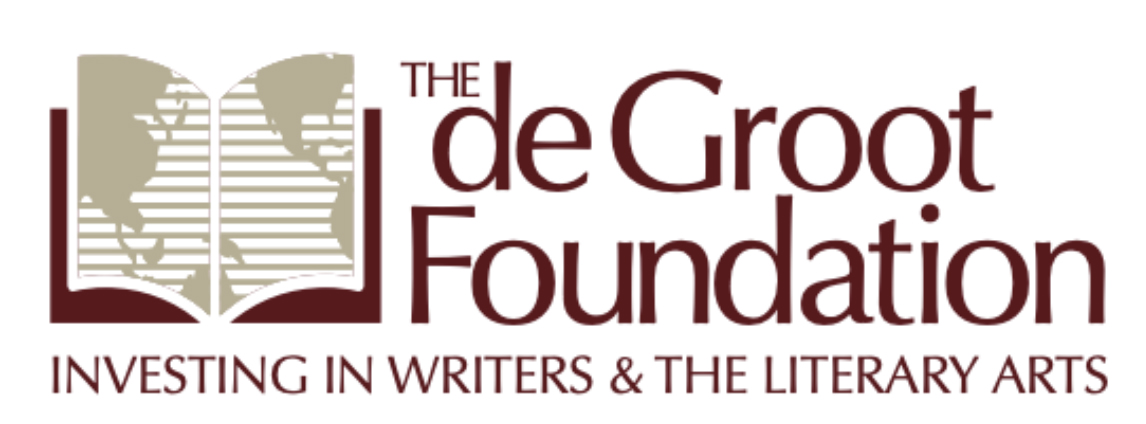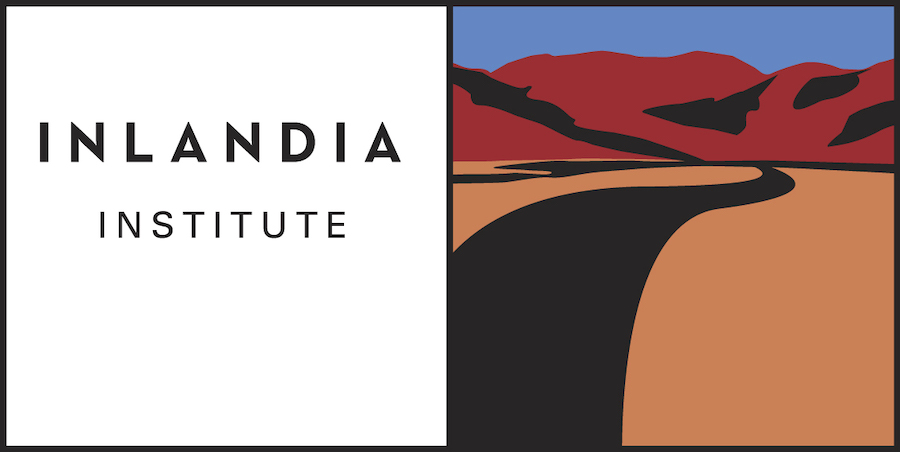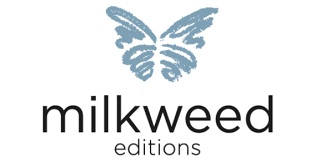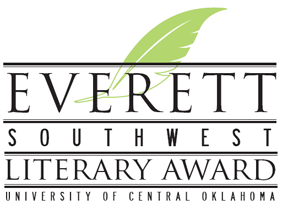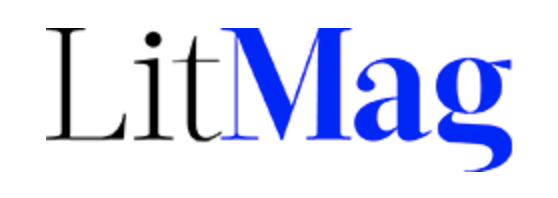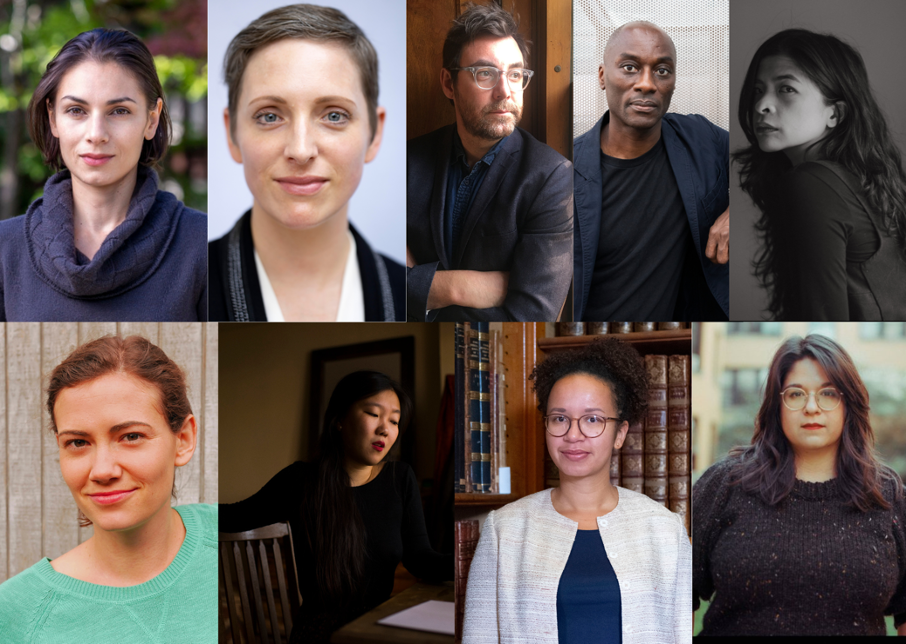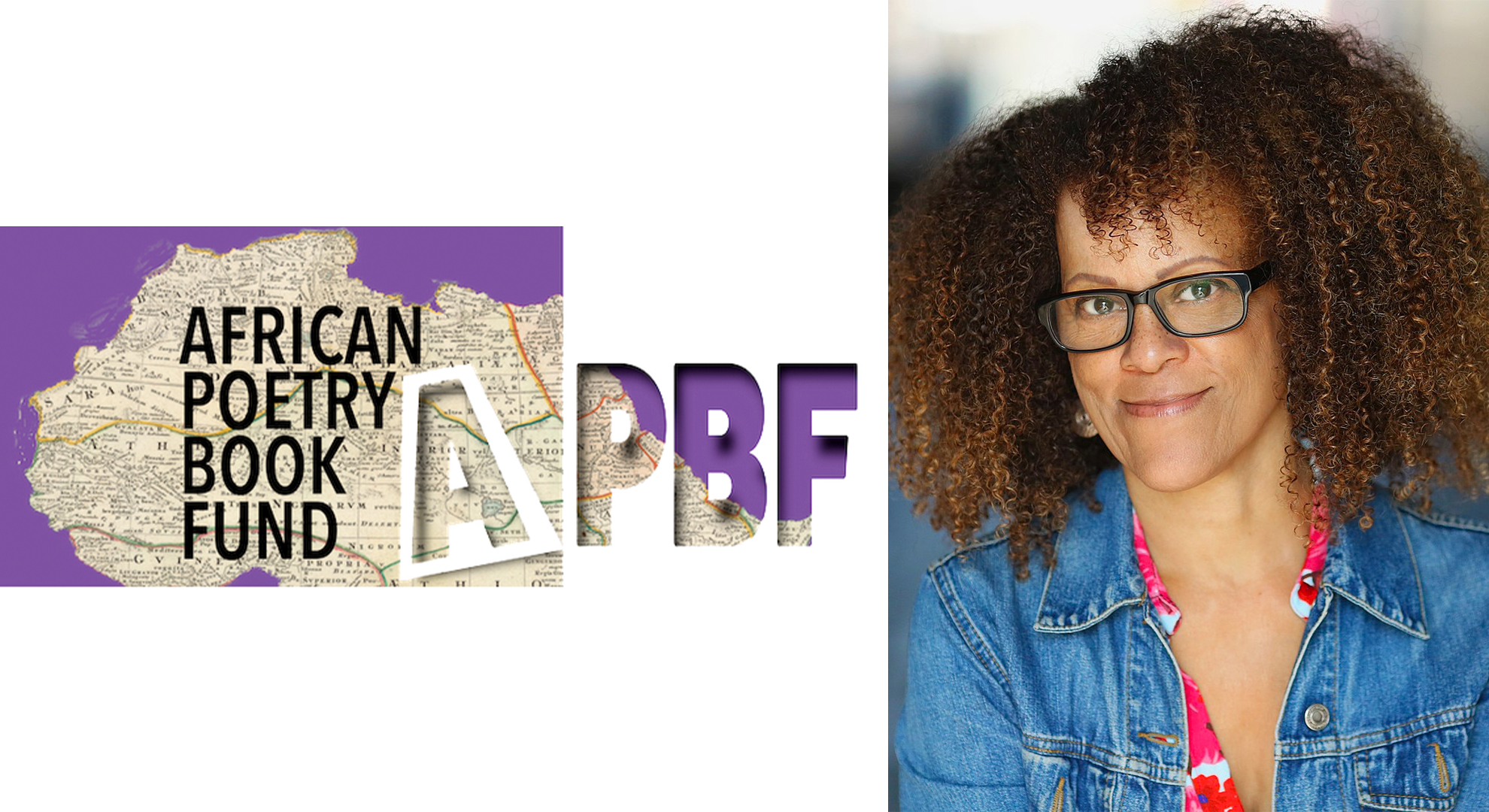Celebrate the end of 2022 and the beginning of 2023 in literary style by submitting to contests with deadlines of December 31 and January 1, 2, 3, 4, and 6! Don’t miss the opportunity to receive fellowships offering $43,750 for a nine-month residency at Colgate University, $72,000 and writing space at the CUNY Graduate Center in New York City, and $15,000 alongside a yearlong stay in the Bay Area. All contests offer a cash prize of $1,000 or more and four are free to enter. Continue flourishing into the new year, writers!
Boulevard
Short Fiction Contest for Emerging Writers
A prize of $1,500 and publication in Boulevard is given annually for a short story by a writer who has not published a nationally distributed book. The editors will judge. All entries are considered for publication. Deadline: December 31. Entry fee: $16, which includes a subscription to Boulevard.
Colgate University
Olive B. O’Connor Fellowships
Two nine-month residencies at Colgate University, including a stipend of $43,750, health benefits, and travel expenses, are given annually to poets, fiction writers, or nonfiction writers. The 2023–2024 fellowships will be awarded to a poet and a nonfiction writer working on their first books. Each fellow will teach one creative writing course per semester and give a public reading. Writers who have recently completed an MFA, MA, or PhD in creative writing are among those eligible. Deadline: January 6. Entry fee: none.
Florida Review
Jeanne Leiby Memorial Chapbook Contest
A prize of $1,000 and publication by Florida Review is given annually for a chapbook of short fiction, short nonfiction, or graphic narrative. All entries are considered for publication. Deadline: December 31. Entry fee: $25, which includes a subscription to Florida Review.
Leon Levy Center for Biography
Leon Levy Biography Fellowships
Four fellowships of $72,000, writing space at the CUNY Graduate Center in New York City, access to research facilities, and research assistance from a graduate student are given annually to nonfiction writers working on biographies. An additional fellowship, the Sloan Fellowship, is given annually to a writer working on a biography of a figure in the field of science or technology. Deadline: January 4. Entry fee: none.
Mississippi Review
Mississippi Review Prize
Three prizes of $1,000 each and publication in Mississippi Review are given annually for a single poem, a short story, and an essay. Current or former University of Southern Mississippi students are ineligible. All entries are considered for publication. Deadline: January 1. Entry fee: $15 ($16 for electronic submissions), which includes a copy of the prize issue.
The Moth
Poetry Prize
A prize of €6,000 (approximately $6,128) and publication in the Moth is given annually for a single poem. Three runner-up prizes of €1,000 (approximately $1,021) each and publication in the Moth are also given. The four shortlisted poets, including the winner, will also be invited to read at an awards ceremony at the Poetry Ireland festival in Dublin in spring 2023. Louise Glück will judge. Deadline: December 31. Entry fee: €15 (approximately $15) per poem.
North Carolina Writers’ Network
Jacobs/Jones African American Literary Prize
A prize of $1,000 is given annually for a short story or an essay that “seeks to convey the rich and varied existence of Black North Carolinians.” The winning entry is considered for publication in the Carolina Quarterly. Black writers who live in North Carolina are eligible. Deadline: January 2. Entry fee: $20 ($10 for NCWN members).
Poetry Society of America
Four Quartets Prize
A prize of $20,000 is given annually for a unified and complete sequence of poems published in the United States in a print or online journal, a chapbook, or a book during the current year. Three finalists, including the winner, will receive $1,000 each. Deadline: December 31. Entry fee: none.
San José State University
Steinbeck Fellowships in Creative Writing
Six yearlong residencies at San José State University in San José, California, which include a stipend of $15,000 each, are given annually to fiction writers and creative nonfiction writers. The fellows are required to give one public reading and may be asked to live in the Bay Area during the academic year, as public health guidelines allow. Deadline: January 3. Entry fee: none.
Tupelo Press
Dorset Prize
A prize of $9,000, publication by Tupelo Press, and 20 author copies is given annually for a poetry collection. The winner also receives the option of either a weeklong residency at the Massachusetts Museum of Contemporary Art in North Adams, Massachusetts, or a two-week residency at Gentle House in Port Angeles, Washington, both valued at $1,000. Diane Seuss will judge. All entries are considered for publication. Deadline: December 31. Entry fee: $30.
Visit the contest websites for complete guidelines, and check out the Grants & Awards database and Submission Calendar for more contests in poetry, fiction, creative nonfiction, and translation.






